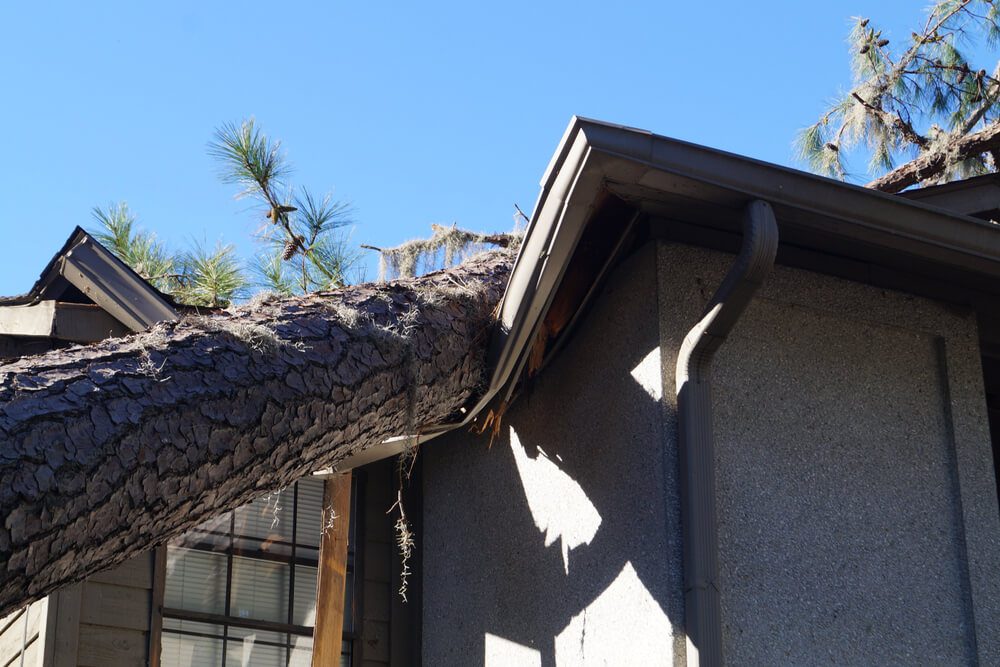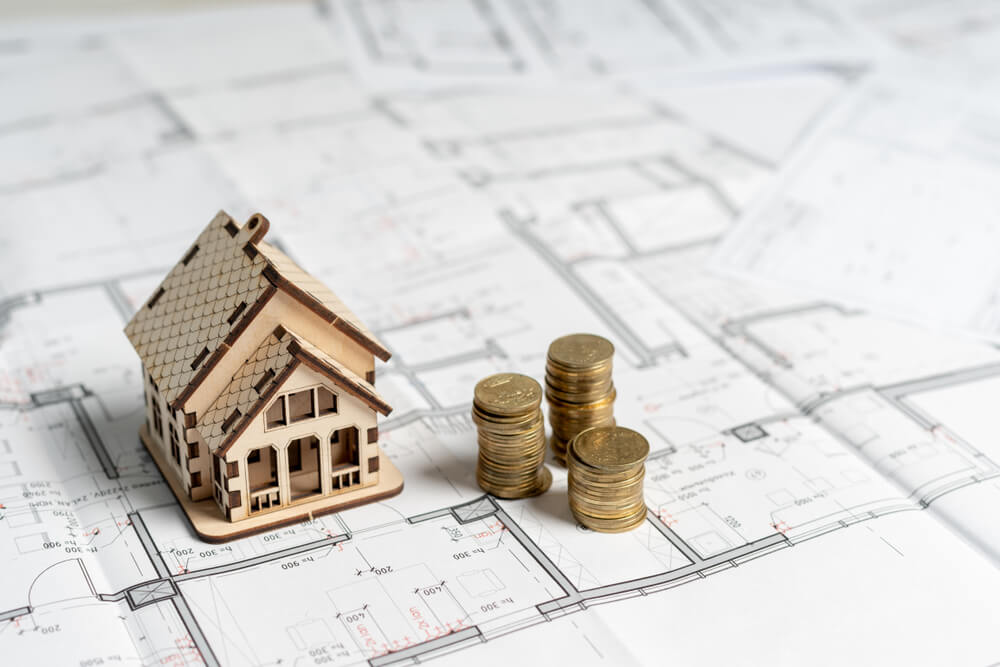How to Sell a Home with Hurricane Damages: A Comprehensive Guide
Navigating the sale of a home with hurricane damages can be a daunting endeavor, especially in the aftermath of a natural disaster. However, in the resilient landscape of New York, such challenges often present unique opportunities. This comprehensive guide is tailored to empower homeowners looking to sell properties impacted by hurricanes. By understanding the nuances of the New York market, addressing buyer concerns, and leveraging expert resources, you can successfully sell your home despite the damages incurred. With the right strategies in place, selling a home with hurricane damages can not only be achievable but also contribute to the revitalization and fortification of our communities. 1. Understanding the NY Market Landscape: The recent hurricane impacted different regions of NY in varying degrees. Research your specific area’s market trends, considering the following: Average prices of hurricane-damaged homes: Understand the realistic valuation range. Buyer demographics: Identify potential investors, handy homeowners, or those seeking fixer-uppers. Post-hurricane market trends: Analyze historical data on recovery and property value changes. 2. Assessing and Documenting Damages Thorough assessment is crucial. Include: Structural damage: Prioritize repairs that ensure safety and meet local building codes. Non-structural damage: Address essential repairs like plumbing, electrical systems, and roof leaks. Detailed documentation: Photos, repair estimates, and insurance reports build trust with buyers. 3. Investing in Repairs that Add Value While not mandatory, strategic repairs can significantly impact your asking price and buyer interest. Focus on: Safety-critical repairs: Prioritize structural integrity, electrical systems, and plumbing. Curb appeal: Address cosmetic repairs like roof damage, broken windows, and exterior painting. Essential utilities: Ensure functionality of heating, cooling, and water systems. 4. Showcasing Resilience in Your Listing Highlight your home’s strengths beyond the damage: Solid foundation: Emphasize structural integrity and potential for restoration. Location benefits: Showcase neighborhood perks like schools, amenities, and community spirit. Opportunity for customization: Frame the damage as a chance for buyers to create their dream home. 5. Engaging with Local Experts Partnering with NY-based professionals is key: Real estate agents: Find those experienced in selling hurricane-damaged properties. Contractors: Choose licensed and insured professionals familiar with local building codes. Legal professionals: Ensure smooth and compliant transactions with real estate attorneys. 6. Addressing Buyer Concerns Proactively Anticipate and address potential buyer concerns proactively. Buyers will likely have concerns about the property’s history and safety. Proactively addressing these concerns with transparent information builds trust and increases the likelihood of a successful sale. Be prepared to answer questions about: The extent of damage and repairs completed. Insurance claims and settlements. Flood risks and mitigation strategies. Future potential and value of the property. 7. Legal Considerations and Disclosures Navigating legal aspects and making required disclosures is crucial. Selling a home with hurricane damages involves legal considerations. Stay informed about disclosure requirements, insurance claims, and any legal obligations to protect both parties involved in the transaction. 8. Effective Marketing Strategies Crafting a tailored marketing strategy is essential. Marketing a hurricane-damaged property requires a nuanced approach. Below are marketing strategies for selling the house. Target specific buyer segments: Appeal to investors, fixer-upper enthusiasts, or those seeking unique opportunities. Utilize online platforms: Leverage real estate websites, social media, and targeted ads. Local marketing efforts: Partner with local media outlets or community groups. 9. Overcoming Stigma: Focus on potential and customization: Highlight the opportunity for a fresh start and personalized renovations. Emphasize community resilience: Showcase the neighborhood’s spirit and post-hurricane recovery efforts. Transparency and clear communication: Build trust by addressing concerns honestly and openly. 10. Negotiation Strategies for Win-Win Deals Master the art of negotiation for win-win deals. Understand the balance between achieving a fair price and addressing buyer concerns. Negotiation is a delicate balance, especially when selling a hurricane-damaged home. Below are the strategies for Win-Win deals. Understand the market value and comparable properties. Be prepared to discuss repairs and insurance settlements. Negotiate with fairness and flexibility for a mutually beneficial outcome. 11. Insurance Claims and Settlements Understanding the intricacies of insurance claims is essential. Explore how to navigate the process, ensuring a fair settlement for you and the buyer. Work with your insurance company for fair settlements. Understand FEMA assistance programs and eligibility. Involve legal counsel for complex insurance claims. Conclusion: Selling a home in NY with hurricane damage may seem challenging, but it can be a rewarding experience with the right strategies. You can successfully sell your property by understanding the market, addressing concerns, and navigating legal aspects. Remember, resilience sells, and every challenge presents an opportunity for a fresh start. FAQs Q: Can I sell a home with hurricane damage without repairing it first? Selling without repairs is possible, but investing in strategic repairs can significantly increase the property’s market value and attract more buyers. Q: How can I overcome the stigma associated with hurricane-damaged homes? Overcoming stigma involves showcasing the property’s potential for a fresh start and emphasizing the opportunities for a unique investment. Q: What legal considerations are involved in selling a hurricane-damaged home? Legal considerations include disclosure requirements, insurance claims, and fulfilling any legal obligations to ensure a smooth and ethical transaction. Q: How do I negotiate a fair deal when selling a hurricane-damaged home? Master the art of negotiation by understanding the balance between achieving a fair price and addressing buyer concerns for a win-win deal. Q: What role do insurance claims play in selling a hurricane-damaged property? Understanding insurance claims is crucial; navigate the process to ensure a fair settlement for both the seller and the buyer.
How to Sell a Home with Hurricane Damages: A Comprehensive Guide Read More »












